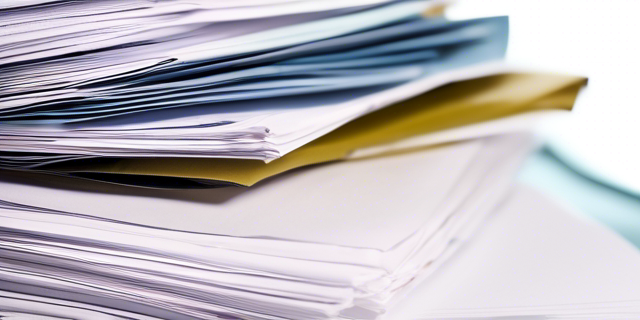Keeping accurate financial and tax records is crucial for maintaining financial health and complying with legal requirements. These records provide a clear picture of your financial status and help you in making well-informed decisions. Additionally, having organized records can save you time and stress during tax season.
What Records to Keep
Tax Returns
It is recommended to keep copies of your tax returns indefinitely. These documents can be valuable for future reference and may be required in case of an audit by tax authorities.
Receipts and Invoices
Keep receipts and invoices for at least seven years. These documents serve as proof of expenses and can be used to support deductions and credits claimed on your tax return.
Bank Statements
Retain bank statements for a minimum of five years. These statements can be helpful in verifying income, tracking expenses, and reconciling accounts.
Investment Records
Maintain investment statements and records for as long as you hold the investment and at least seven years after selling it. These records are essential for calculating capital gains or losses.
Property Records
Keep property purchase and sale records, including deeds and titles, for as long as you own the property and at least seven years after selling it. These documents are crucial for determining capital gains or losses on the property.
Secure Storage of Records
It is essential to store financial and tax records securely to protect your sensitive information. Consider using a fireproof safe, a locked filing cabinet, or electronic storage with encryption to safeguard your records from theft or damage.
Digital Record-Keeping
In today’s digital age, maintaining electronic copies of your financial and tax records is becoming increasingly popular. Make sure to back up your electronic records regularly and store them in a secure cloud-based system to ensure accessibility and protection.
When to Dispose of Records
Dispose of financial and tax records only after ensuring they are no longer needed for reference or legal purposes. Shredding paper documents and securely deleting electronic files can help prevent identity theft and unauthorized access to your personal information.
In Conclusion
Keeping your financial and tax records organized and up-to-date is a smart financial practice that can benefit you in the long run. By knowing which records to keep, how long to retain them, and how to securely store and dispose of them, you can stay on top of your financial responsibilities and protect yourself from potential risks.

